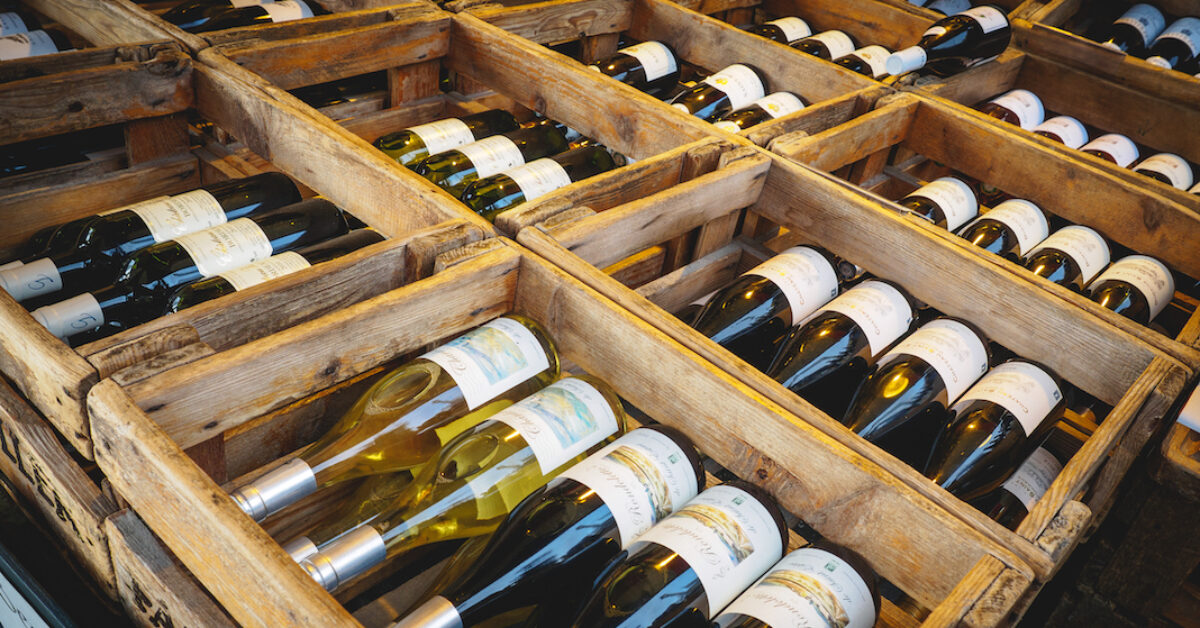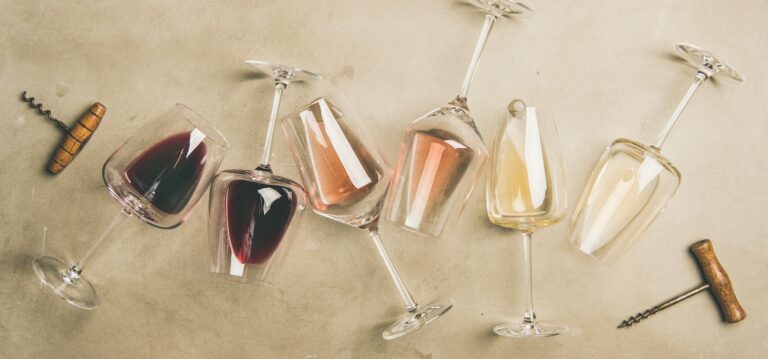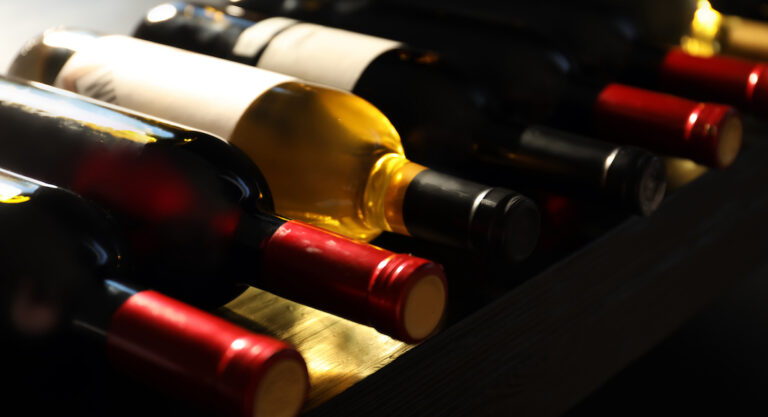Nothing will change. That’s the news that came down Friday night. The Office of the US Trade Representative has decided to continue the 25 percent tariff imposed in October on French wine as a retaliation against European subsidies given to Airbus, which were deemed illegal by the World Trade Organization.
The world of importers of French products into the United States was waiting with bated breath for February 14, the date set by the US administration for a possible review of the sanctions. Ultimately, it was Airbus that the White House decided to directly increase pressure on: the tariffs imposed on aircraft imported from the European Union will be raised from 10 percent to 15 percent starting March 18, 2020. Prune juice has been removed from the list of taxed items, but a 25 percent customs duty has been added for French and German kitchen knives.
Though they feared the worst (with rumors of 100 percent taxes circulating persistently), importers and lovers of French wine are not at all relieved by the news. The 25 percent tax on French wines is starting to be felt. “There are big difficulties for French wine importers in California,” says Gregory Castells, owner of Martine’s Wine, a major importer in the United States. “We’re trying to start a movement in Washington DC: one of my associates was in the capital for four days, to go and see the Democrats and Republicans in Congress” and lobby for their cause as well.
Castells’ company has been an importer in California for 40 years, and his wines come mainly from Burgundy and Savoy, wines with less than 14 percent ABV (only wines with less than 14 percent ABV are affected by the tariff). The American administration has never explained its choice — just as they have not explained the reasoning for not imposing tariffs on Champagne and other sparkling wines, for example, — but it mimics the traditional separation in American regulations between “table wine” (less than 14 percent ABV) and “liquor wine” (more than 14 percent ABV).
The importer did not immediately raise its prices. “You can’t change prices like that,” he says. “We’ve swallowed the 25 percent paid at the end of the year,” he explains. “Twenty-five percent is a huge amount over a year and on margin of 30-40 percent.” Since January, he has begun to adjust his selling prices.
In Washington, the French Embassy is on the alert, and has set up an information watch and a regular dialogue with worried companies. In 2018, France sold one billion euros of non-sparkling wines in the United States. The French Ministry of the Economy estimates that the new customs duties could cost the French wine industry up to 300 million euros per year. Some industry officials are even more alarmist. Antoine Leccia, president of the French Federation of Exporters of Wines and Spirits (FEVS), says he “fears a drop in sales of around 50 percent.”
On the American side, according to a study commissioned by Wine & Spirits Wholesalers of America, the American alcoholic drinks industry could lose nearly 36,000 jobs and more than 1.6 billion dollars in salaries this year, “costing the American economy more than 5.3 billion dollars.”
The Trump administration has announced another review of the sanctions in 180 days. In addition, the WTO, which had authorized these additional taxes, will decide in the coming months on an equivalent complaint by Europe against the US and the aircraft maker Boeing, which could authorize the EU to adopt equivalent sanctions, opening the door to possible negotiations. In the meantime, importers, retailers and consumers will have to foot the bill.
Featured image: Stock Photos from Paolo Paradiso / Shutterstock






